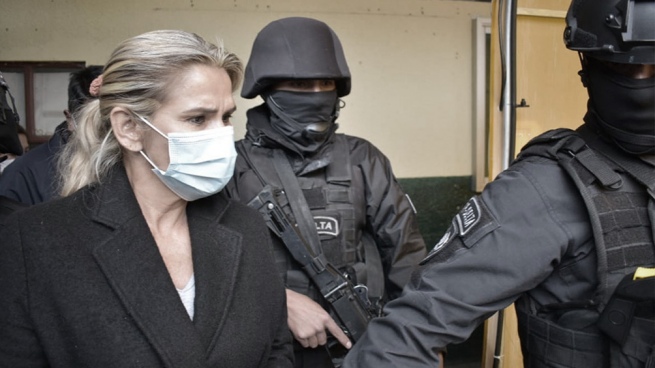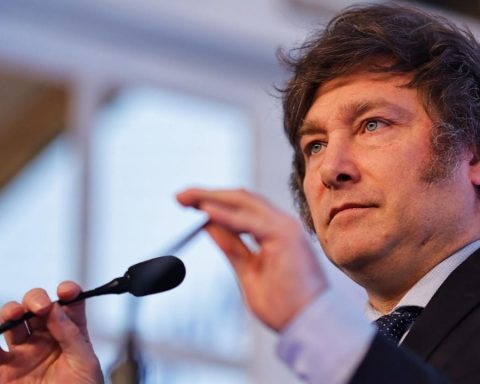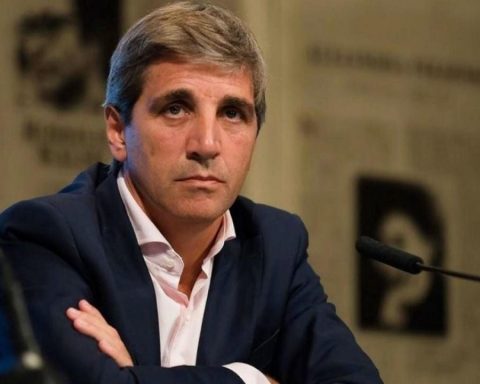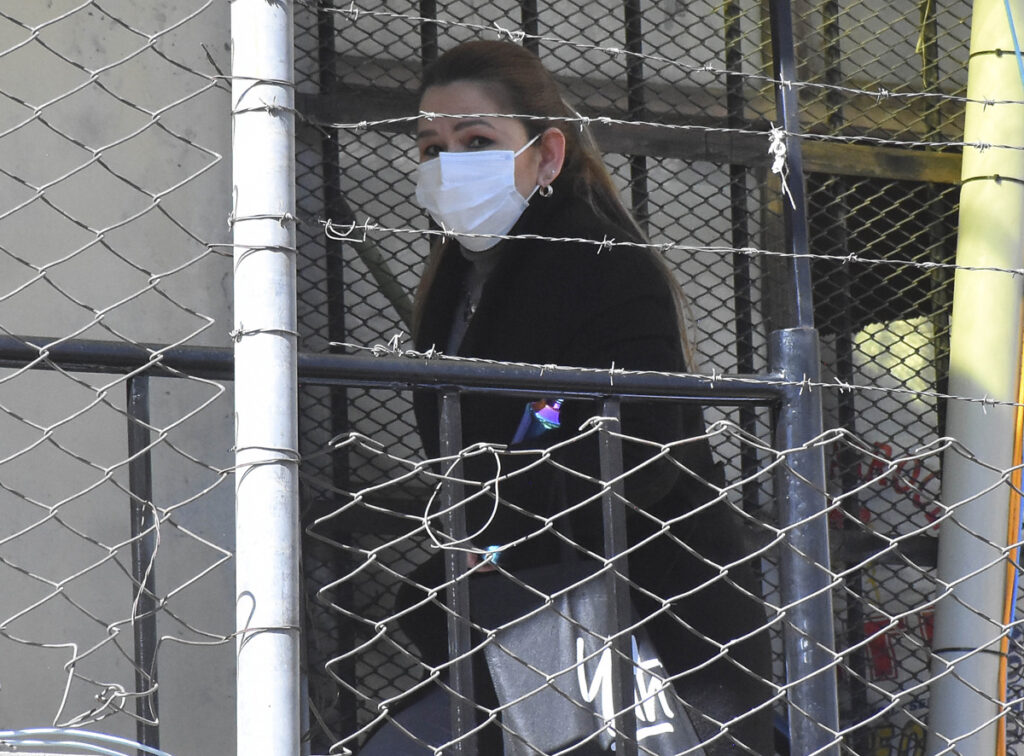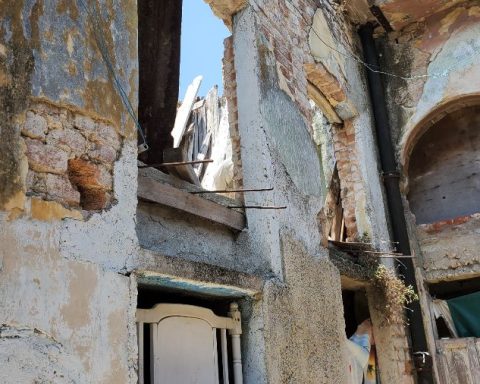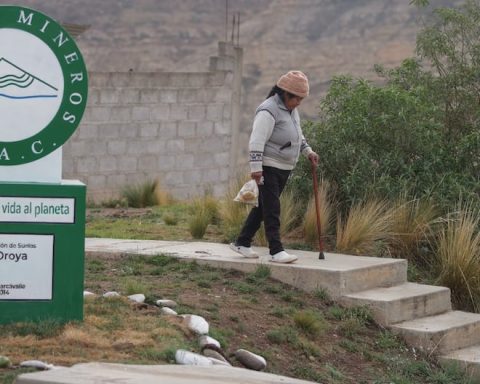The former de facto president of Bolivia Jeanine Áñez was sentenced to ten years in prison for the crimes of breach of duties and resolutions contrary to the Constitution and the laws, at the conclusion of the process of the so-called “coup d’état II case” in which she analyzed her decision to assume the head of state in November 2019.
The conviction was the end of an extensive process, with numerous interruptions – some technical and others related to Áñez’s health – and constitutes the first relevant resolution on the forced departure from power of then President Evo Morales and the de facto government that he assumed. instead.
Before hearing the decision of the Justice, in her last words, Áñez said that she was subjected to a “mock trial”, remarked that she would act “in the same way” if the circumstances by which she assumed the presidency were repeated and denounced that to the Court “the political power demanded an express trial to have an express sentence”.
In this case, called Coup d’etat II, in which Áñez and former police and military chiefs were prosecuted for decisions contrary to the Constitution, the former senator was investigated for the actions she took when she was second vice president of the Upper House to assume the Presidency of the state irregularly.
For Áñez’s defense, the former president should not have been tried in the ordinary way, but there should have been a trial of responsibilities in Congress, but the complainants – and the justice system – argued that actions prior to the administration were judged.
”At no time have I violated the Political Constitution of the State or have issued contrary regulations or orders. And this has been evidenced in all the statements and in all the tests. I was subjected to these very tiring hours of trial because the political power demanded an express trial to have an express sentence, “said Áñez.
The court had to go to the Miraflores prison to hear it and then did the same to the San Pedro prison for the turn of former commanders Flavio Arce and Pastor Mendieta.
Áñez complained that she was denied “absolutely everything” during the process, lamented “the delicacies” of the Court, which rejected evidence of her defense and attributed these attitudes to the need to “have an expedited path to have a conviction.”
He insisted that in 2019 there was a “power vacuum” and stressed that he did not move “a finger” to assume the Executive.
The former president warned that, among the discarded documentation, the statement of the Constitutional Court that endorsed her transitional government, the reports of the Episcopal Conference on a meeting held at the headquarters of the Catholic University and the report of the Organization of American States ( OAS) on the failed elections of 2019.
”I had the government, but I never had power. I had blockages in the Assembly (Legislative); it was simply a transition government. In a year they could have filed any complaint in the Senate, but they did not; we work in coordination”, she remarked.
And he added: “Bolivia knows that I have not committed these crimes. Bolivia knows that I was a consequence of everything that happened in 2019. Those who violated the Constitution, disrespecting even a referendum, are happy and free doing politics. For him there is impunity. That is the justice we have in Bolivia.”
The reference was to former president Evo Morales, whom he did not mention, who had lost a popular consultation on the chance of a new term.
Vigils for victims of the dictatorship and supporters of the ruling party had been set up in La Paz, Cochabamba and Sucre, awaiting the sentence.
The four accusing parties, the Prosecutor’s Office, the Ministry of Government, the Attorney General’s Office and the head of the Senate, Andrónico Rodríguez- had agreed on a request for 15 years in prison.
When the sentence was still unknown, a group of about 20 former presidents of Latin America and Spain described the trial as “arbitrary, abusive, illegal and unconstitutional”, and believed that the UN, the OAS and the EU should repudiate it.
In a statement published by the Democratic Initiative of Spain and the Americas (IDEA), 23 former heads of state and government defended Áñez and judged that “preserving the constitutional thread and the rules of succession in the midst of any political crisis, as shown by experience in Latin America, is the antidote against the military adventures and their coups”.
“The former president is illegally detained. While detained, this process was opened against her without the slightest foundation. The accusations have been unfolded with abrogated classifications,” they point out.
For this reason and because of “the enormous damage that criminalizing the preservation of the constitutional thread means for democracies in the region”, the former rulers consider that the “witnesses and facilitators” of the constitutional transition presided over by former president Áñez should “repudiate the intention to sentence her arbitrarily, abusively, illegally and unconstitutionally”.
The document is signed, among others, by the Costa Rican Óscar Arias, the Spanish José María Aznar, the Mexicans Vicente Fox and Felipe Calderón and the former Bolivian presidents, Carlos Mesa and Jorge “Tuto” Quiroga.
Áñez has two other trials pending, one the “Coup d’etat I case”, for her acts as president and others for the deaths that occurred during the so-called Sacaba and Senkata massacres, in which street protests were repressed.
